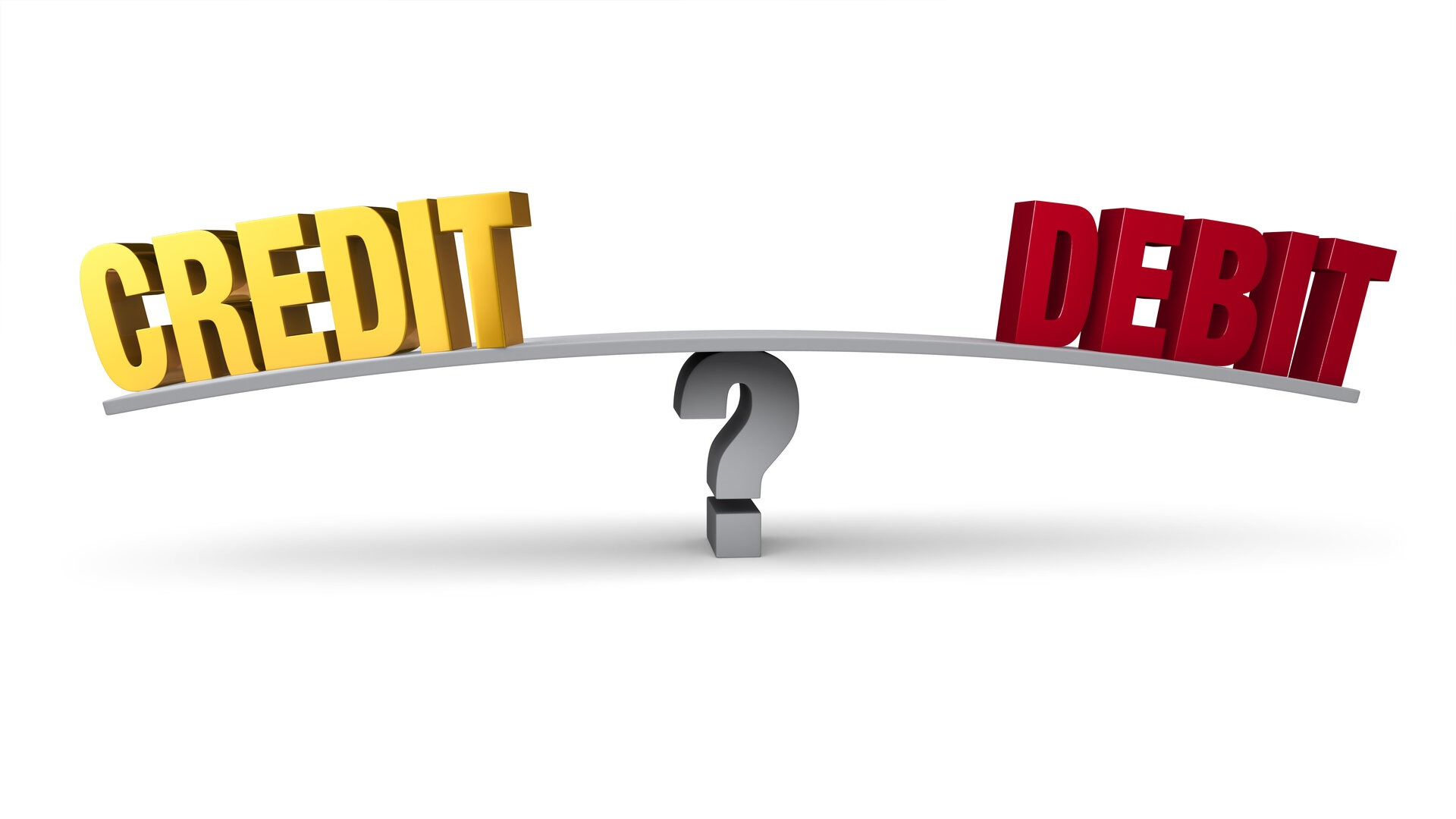
Debit cards require consumers to withdraw money from their accounts to make purchases. Credit cards don’t take money from your account when you purchase. They deduct the amount you spend from your credit limit. When customers choose a payment method, they understand where the money comes from but are not always aware of how each process works, especially when making an online purchase. Understanding how credit card processing differs from debit card processing is crucial.
Processing of Debit and Credit Cards
There is not much difference between processing payments using credit cards and debit cards; the significant credit card and debit card difference are how these accounts are funded.
The process of completing an online credit or debit card transaction typically occurs in two phases: authorisation and clearing and settlement, which occurs when the consumer has completed the merchant’s checkout process and ends when the funds arrive in the merchant’s bank account.
The Process of Authorisation
The following steps comprise the authorisation phase of credit and debit cards:
- Customers who wish to pay by credit or debit card enter their information during checkout on a merchant’s website.
- The merchant’s payment gateway gets the information about the transaction safely and securely.
- The gateway transmits the data securely to the acquirer’s payment processor.
- During the financial transaction, the payment processor securely informs the card association about the transaction details.
- After receiving the transaction details from the card association in a secure manner, the issuing bank verifies that the consumer has sufficient cash and that the transaction is not fraudulent.
- When a consumer’s transaction is approved, the issuing bank sends a response to the card association.
- As soon as the card association receives the answer, it sends it to the merchant’s payment processor.
- Gateways receive notifications from payment processors when transactions are complete.
- As soon as the payment gateway receives the result, it updates both the buyer and the seller.
It may seem lengthy, but it does not take as much time as it appears because it is done very fast at the point of sale, usually in real-time.
The Process of Clearing and Settlement
The merchant account gets the payments via the clearing and settlement procedure. This occurs after the authorisation procedure is completed.
- After a business day ends, the merchant submits a batch of approved transactions to their payment processor.
- Payment processors send authorisations to appropriate card associations to complete these transactions.
- When a merchant completes a successful sale, the acquiring bank credits the merchant’s account.
- Card associations charge the appropriate transaction amounts to the clients’ acquiring banks, after which they credit the clients’ issuing banks.
- Customers who use debit cards are captured directly from their accounts, while those who use credit cards are charged a credit card bill asking for payments.
Credit and Debit Card Transactions: Key Differences
Credit card transactions vary from debit card transactions in four key respects: dispute resolution, accounts, and processing fees.
Dispute Resolution
Separate sets of legislation protect both credit cards and debit cards. Any disputed purchase will show up as a charge back on the merchant’s account, whether a debit card or credit card. Besides laws and regulations, credit card companies also take measures to protect their customers. However, it takes more time for people to disputes related to credit cards.
Accounts
Most people don’t need a credit history to open a checking account with a debit card. They have a spending limit equal to how much money is in their bank account. If a credit or debit entry occurs, the account is impacted. You can withdraw cash from ATMs and make purchases in merchant establishments with a debit card.
Credit Cards, however, do not require the account to have money in it. Credit cards can affect a consumer’s credit history. In contrast to cash, a credit card user doesn’t have to pay off a significant debt right away. If they pay the minimum monthly, interest will be charged on balance owed. From a financial standpoint, it’s a liability. Payment processors still must pay merchants if their customers don’t settle with their issuing bank.
Processing Fees
Numerous factors, such as the card issuer, the form of payment, and more, determine the amount of the processing charge the merchant must pay. Since purchases made with debit cards are seen as a lesser risk than those made with credit cards, the processing fees for debit cards are often lower than that of credit cards. Depending on the card issuer and used card, processing fees will differ. For example, the interchange rates for Visa debit cards, consumer credit cards, and corporate credit cards vary.
The Bottom Line
There are certain similarities between debit and credit cards, but there are also some important distinctions. Therefore, it is recommended to do a thorough study and decide based on immediate needs and long-term goals. The card might affect the customer and retailer when making a purchase. Credit processing and debit processing vary significantly. Ultimately, your organisation will affect the cost of processing transactions.